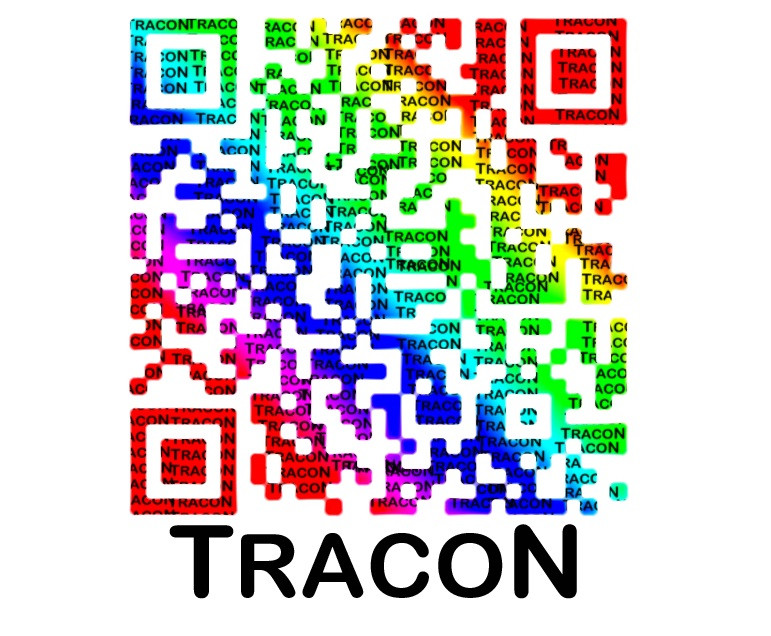Tracon Project

TRACON – TRAINING TEACHERS IN DEVELOPING CONSUMER AWARENESS AMONG CHILDREN
The Tracon Project is co-financed by the European Commission within the Lifelong Learning Programme, Comenius Multilateral projects action (reference no. 517562-LLP-1-2011-1-GR-COMENIUS-CMP).
Recent scientific evidence suggests that the role of media in shaping consumer behaviour of young people in modern societies is of prime importance. Moreover, educational programs focusing on consumer awareness and behaviour are only partly included or, in some cases, completed excluded from school curricula in Europe. At the same time, only few school-teachers are trained to provide their pupils with knowledge and skills in order to help them become:
- Rational product consumers.
- Informed service users.
- Informed consumers of energy, water and other natural resources.
Adopting positive consumer behaviour can be beneficial to both the individual and the society as a whole on a global scale. Additionally, sensitised and informed teachers can help their pupils and future citizens to develop positive consumer attitudes and behaviours. The present project may therefore contribute significantly to a better understanding of the role of education and ICT in the development of positive consumer behaviour among school-aged children and thus fill this gap of knowledge. In this context, the actions that will be developed and the subjects that will be taught will be selected in accordance to the pertinent European legislation on consumer rights.
The project aims to support the initial and continuous training of teachers, including trainee teachers, and to promote the acquisition of key competencies through their training in:
- Learning to learn.
- Social and civil competency.
By developing an innovative didactic material which will be based on ICT applications and traditional teaching methodologies (content, services, pedagogues and practices), the project aims to train teachers and pupils on how to be rational consumers in modern society. It will thus, enable students to develop key competencies concerning the consumption of food and other products, energy and natural resources.
Specific objectives:
- To improve the quality of teachers’ training and help schools to become effective learning environment fulfilling the needs of modern society. One feature is that the thoughtless consumption that harms citizens at financial level, often also affects their health and the environment.
- To support the in-service training of teachers, especially the ones who are in the beginning of their career, as well as the trainee teachers by developing an ICT-based training and evaluating the gained knowledge, supporting the lifelong Learning.
- To support schools to work together with key actors outside school, like INKA and Chambers of Commerce in order to gain a clear point of view about the way the products, the services and the natural resources are promoted and about the labelling (the content of the information that are shown coded), giving basic life skills to the pupils and making schools enhanced educational institutions.
- To increase the collaboration among schools, teachers and pupils in different E.U. countries, by exchanging information, training methods and ideas for activities, actions that will be the foundation in order to develop rational consumer behaviour in the citizens.
- To help young citizens, the pupils, to acquire basic life skills necessary for any active European citizen, becoming rational consumers, enhancing the school syllabus.
- To create a web site and a forum which will be a European network of information on consumption opportunities in every country and a place where teachers and pupils will discuss their problems and suggest solutions and inform, according to the E.U and national law, consumers on their rights. Also optimise the cost effectiveness of the purchases through understanding and conscious appraisal of advertising messages, marketing promotional tactics, health values and product label indices and transfer the knowledge and good practice to the society.
- In the same web site, the pupils, within the framework of the practical application of what they have learned as rational consumer behaviour according to the saving of financial and natural resources, they will be able to exchange with their classmates from the same or from different countries, books, toys, CDs, etc. making school networks to be used by students in order to communicate in an advanced intercultural and transnational level, as well as to familiarize themselves with the new technologies.
- To sensitise the parents of the pupils and the citizens in general, in topics such as “rational consumer behaviour”, through events that the pupils and their teachers will organise, adding value to the lifelong learning and to the quality of the citizens’ knowledge.
Outcomes:
- Research material in each participating country on the existing school curriculum for training teachers and pupils on “consumer behaviour” (in English language).
- Printed booklet on the current E.U. Legislation on the protection of citizens as consumers of goods and services (in English and also in partners’ languages).
- Training material for distance learning and e-learning (in English language).
- Training material for pupils including educational games (in English and also in partners’ languages).
- Development of a website to be used by teachers and pupils to exchange ideas, information and obtain relevant products (books, CDs, educational games, etc) (in English and also in partners’ languages).
- Leaflets and posters promoting consumer awareness (in English and also in partners’ languages).
Website of the project: www.tracon-project.eu
PARTNERSHIP
Harokopio University of Athens (Greece) - coordinator
Consumers New Institute (Greece)
DIAN Training and Management Activities (Greece)
School of Pedagogical and Technological Education - ASPETE (Greece)
International School of Athens (Greece)
Egitim ve Genclik Calismalari Enstitusu (Turkey)
State Institute of Vocational Training and Education (Slovakia)
Scoala cu cls. I-VIII "Petofi Sandor” (Romania)
EURORESO (Italy)